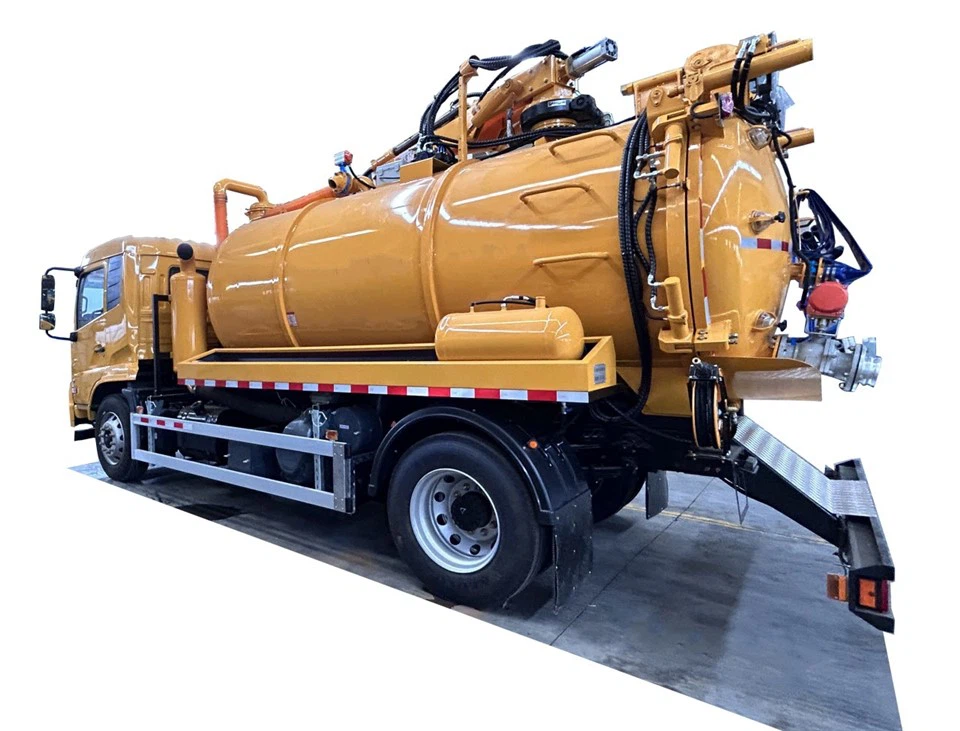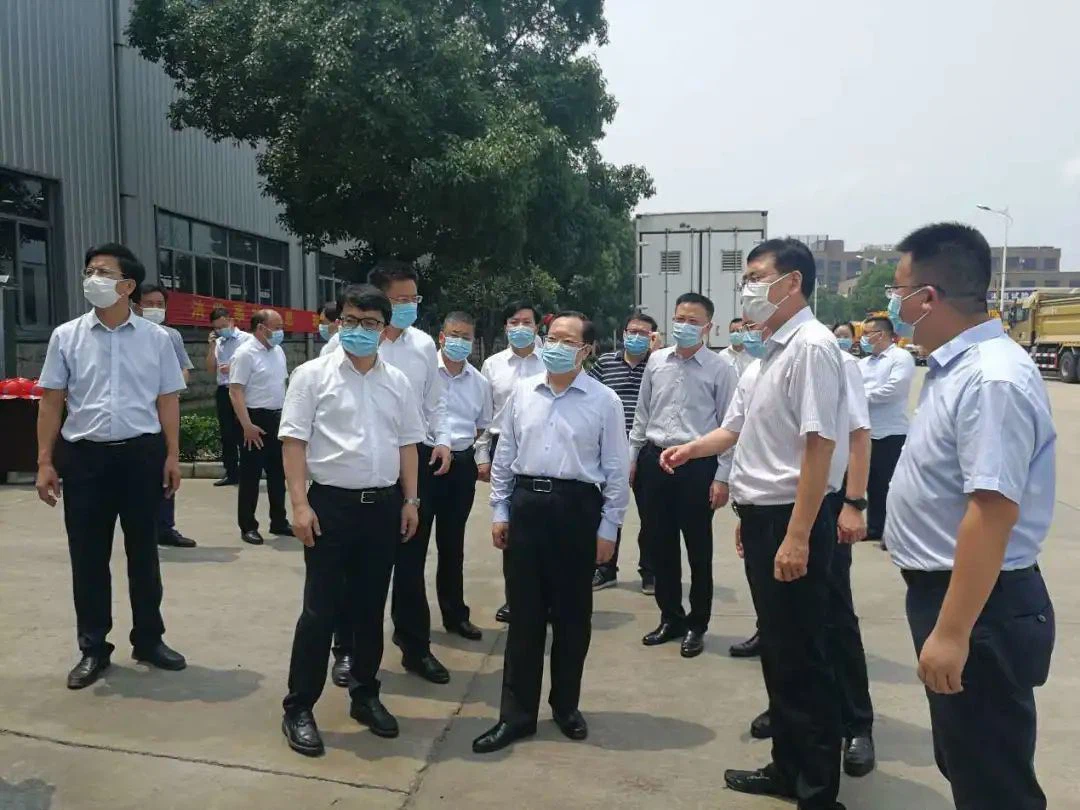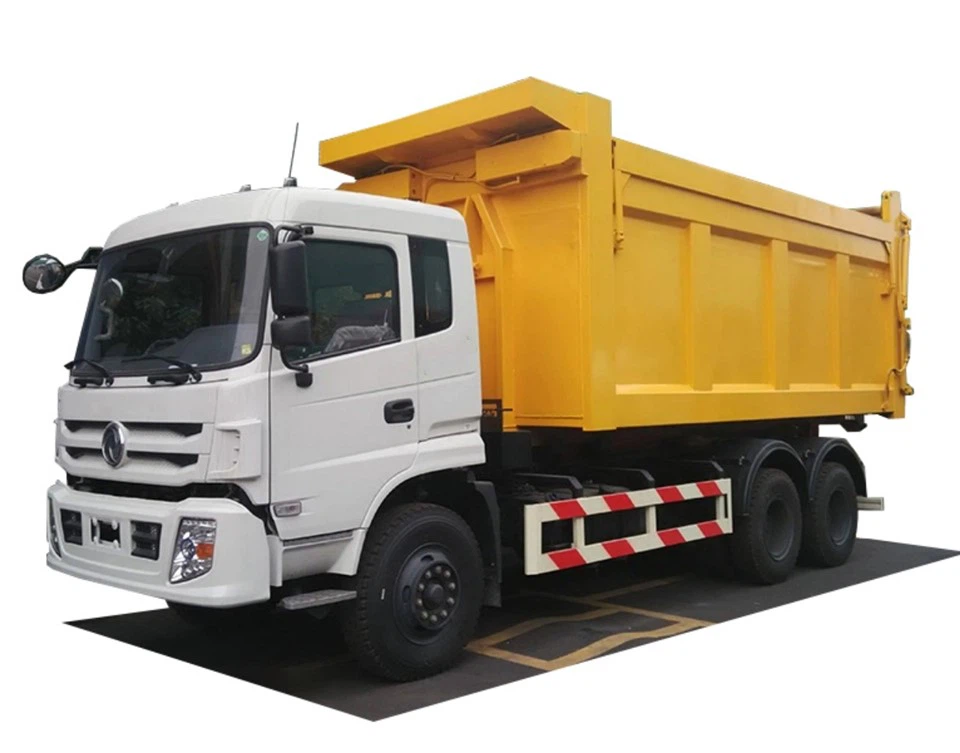Finding the Perfect Dumpster for Sale: A Comprehensive Guide

When undertaking a major clean-up or construction project, one of the most essential resources you’ll need is a dumpster. Whether you’re a contractor, a homeowner, or a business owner, choosing the right dumpster can streamline your project and make waste management less of a hassle. This article will provide an in-depth look at dumpsters for sale, covering everything from the types available to tips for efficient use.
Understanding Dumpsters: What You Need to Know
Before diving into the various options for dumpsters for sale, it’s important to understand what a dumpster is and why it’s necessary.
What is a Dumpster?
A dumpster is a large container designed to hold bulk waste materials. They are typically made from heavy-duty steel and come in various sizes, making them suitable for a range of projects, from home renovations to large construction jobs. Dumpsters can be rented or purchased, and they often include a lid or cover to keep debris contained.
Why You Might Need a Dumpster
There are several scenarios where having a dumpster is beneficial:
- Home Renovations: Whether you’re remodeling a kitchen or updating a bathroom, a dumpster can help you manage your old materials.
- Construction Projects: Any construction site will generate a significant amount of waste, and having a dumpster on-site is essential.
- Event Clean-Up: If you’re hosting a large event, a dumpster can help with the disposal of trash and recyclables.
- Moving or Decluttering: Downsizing or clearing out your home can create a large volume of waste that a dumpster can accommodate.
The Different Types of Dumpsters for Sale
When searching for a dumpster for sale, understanding the various types available will help you make an informed decision.
Residential Dumpsters
Residential dumpsters are typically smaller, ranging from 10 to 20 cubic yards. They are ideal for home projects like renovations or landscaping. They are easy to load and often have a driveway-friendly design.
Commercial Dumpsters
Commercial dumpsters range from 20 to 40 cubic yards and are designed for larger-scale projects. These are often used by businesses for ongoing waste disposal needs and can handle a broader range of materials.
Construction Dumpsters
Specific for construction sites, these dumpsters can hold heavy materials like concrete, steel, and other debris. Sizes can vary greatly, so it’s important to assess your project’s needs before purchasing one.
Specialty Dumpsters
Some companies offer specialty dumpsters for specific types of waste, such as:
- Hazardous waste dumpsters for materials like chemicals.
- Yard waste dumpsters specifically for landscaping projects.
How to Choose the Right Dumpster for Your Needs
Selecting the right dumpster involves considering a few key factors:
1. Assess the Volume of Waste
Understanding how much waste you will likely generate is crucial. Measure your projected debris in cubic yards to choose the appropriate size.
2. Consider the Type of Materials

Different dumpsters handle different materials. Make sure the dumpster you choose is suitable for the types of waste produced in your project.
3. Evaluate Space Availability
Make sure you have enough space for the dumpster. Consider the weight limit and whether you can safely place it on your property or require a special permit.
4. Check Local Regulations
Understand the local regulations regarding dumpster placement, permitted materials, and the duration you can keep it on-site.
Cost Considerations for Dumpsters for Sale
Pricing is a significant factor in the decision-making process. The cost may be influenced by:
1. Size of the Dumpster
Larger dumpsters generally cost more, but their size should reflect your project’s needs.
2. Rental Duration
Many companies charge based on the rental duration. Renting for a longer period can significantly increase costs.
3. Type of Materials

Some waste types incur additional fees. This is especially true for hazardous waste.
Where to Buy or Rent Dumpsters
Finding a reputable provider is key to getting the best deal. Here are various places to look:
1. Local Waste Management Companies
Check your local waste management service providers. They often offer dumpsters tailored to community needs.
2. Online Marketplaces
Websites like Craigslist or Facebook Marketplace can be sources for used dumpsters for sale. However, ensure to inspect the dumpster before purchasing.
3. Dedicated Dumpster Rental Companies
Many companies specialize in equipment rentals, including dumpsters. Look for reviews and ratings to find the most reliable service.
Practical Tips for Using a Dumpster
Once you have your dumpster, make the most of it with these tips:
1. Efficient Loading
Plan how to load the dumpster to maximize space. Start with heavier items on the bottom and build up with lighter materials.
2. Keep It Clean
Using a dumpster can be dirty work, but keeping the area clean can prevent accidents and make loading easier.
3. Schedule Regular Pick-Ups
If you have a lot of waste, schedule frequent pick-ups to avoid overflowing and extra costs.
Frequently Asked Questions
What size dumpster do I need?
The size depends on the amount and type of waste you are disposing of. A quick rule is 10 cubic yards for small projects, and up to 40 cubic yards for larger commercial needs.
How much does it cost to buy a dumpster?

The cost varies widely depending on size, materials, and condition (new or used). Prices can range from $1,000 to over $5,000.
Can I put hazardous materials in a dumpster?
No, hazardous materials must be disposed of according to specific regulations. Contact your local waste management for guidance.
What if I have more waste than expected?
If you anticipate exceeding the dumpster’s capacity, talk to your rental company about additional pickups or getting a larger dumpster.
Do I need a permit to place a dumpster on my property?
In many areas, you may need a permit for sidewalk or street placement. Check local regulations before placement.
How long can I keep the dumpster?
Rental durations vary by company. Ensure you discuss this upfront to avoid unexpected fees.
